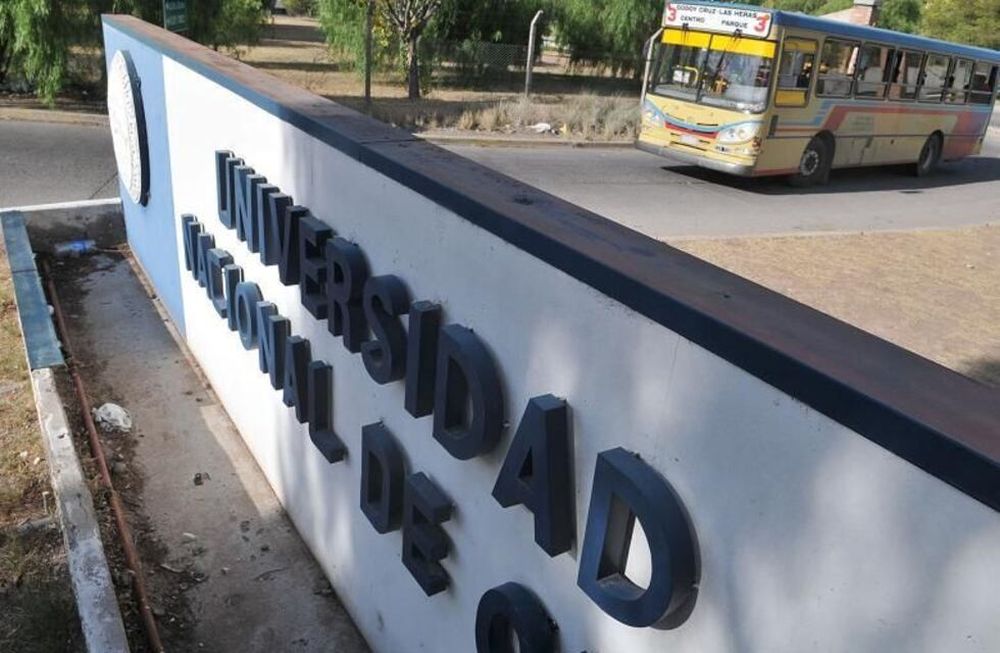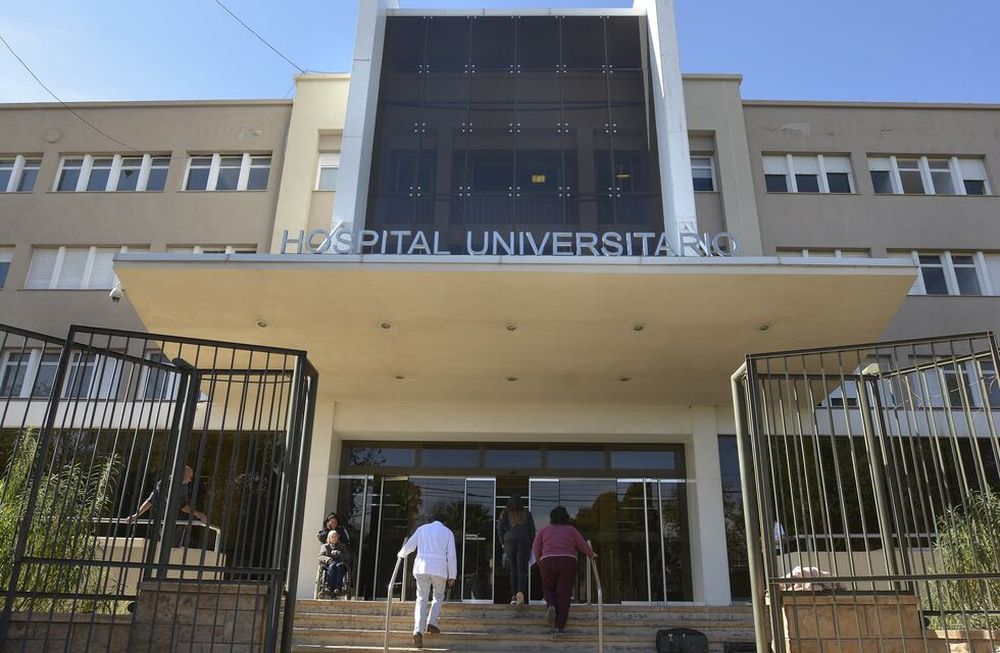Complaints about Damsu services: Members demand explanations, while the health insurance company balances the score.

Workers at the National University of Cuyo (UNCuyo) affiliated with Damsu, the University Medical and Social Assistance Department , are complaining about the services provided by the university's social security system . They warn of a lack of transparency and effective communication regarding management after the health service provider decided to increase their contribution.
The protest is being championed by the unions representing non-teaching staff. They support a petition signed by delegates and representatives from various academic units belonging to the Association of Non- Teaching University Workers of Cuyo (ATUNCu).
The origin of the conflict can be traced to the stagnation of salary increases, which university workers have been demanding for some time and which are even acknowledged by the universities themselves as being delayed. As a result, the amount of social security contributions has also stagnated, and it was decided to increase them through various mechanisms.
This is compounded by the fact that, given the deregulation of health services in the country, there have been increases even above inflation, which has generated a crisis within the health insurance company. Beneficiaries warn of substandard services, but the health insurance company claims that, with certain measures taken recently, they are able to maintain services.
Damsu has just over 27,000 members , made up of workers, their families—who are the adherents—and retirees. Active members, directly employed by the university, number approximately 7,100, and their total number increases to 17,000 if their families are included.
UNCuyo teachers will continue their strike

"We share our members' concerns about the lack of transparency and effective communication in the management of our Damsu, and we believe it is essential that clear and detailed explanations of the events be provided," the union said in a statement.
Therefore, they will submit a petition to the Damsu Board of Directors , in which they ask the representatives for explanations about the current situation they are experiencing.
There they list the main points on which information is requested: lack of medications, clarification of the services currently available to members, what care is provided, what agreements are no longer in place, and why they are being dropped, and why they are requesting care due to spontaneous demand.
"We invite all members to join the Delegates tomorrow at 10 a.m. at the University entrance, where the meeting point will be held to read the petition and then head to Damsu to deliver it," they invite.
Problems in Damsu" It's a non-starter," Damsu argues, referring to the flat contributions and rising costs. "Based on this, we'll begin working on a four-point plan starting in April," explained officials from the entity.
Regarding the complaints, they stated that no agreements have been cancelled. They mentioned the case of the Santa Isabel de Hungría clinic, which the same health insurance company decided to cancel due to certain practices with members that could not be resolved.
And that the Cuyo Clinic had recently refused to treat some people due to a lack of beds, but that this was not due to a suspension of the agreement.
The University Hospital expands: it will add inpatient and operating rooms.

Regarding spontaneous demand, they explained that it can be accessed at the various available clinics and even at the University Hospital. Regarding this, some specific services provided at the campus have been reduced because they said they typically had very low demand.
Regarding medications, they said they aren't having any problems, but there are very specific cases that require a one-time purchase and may take more time.
The planThey explained that some people contribute $10,000 and have coverage for themselves and their entire family at various clinics in the province. Others can contribute up to $200,000, as it depends on their salary but does not exceed 33% of the total. This is a mandatory contribution for university employees.
Even before this , a decision had been made some time ago to increase the contribution to social security contributions from 3% to 6% . This, they explain, follows the regulations for social security contributions in the country. However, within the framework of the plan, it was decided to modify the basis for calculating this 6% and instead begin calculating it based on the value of a full workday.
As part of this plan, we seek to advance the incorporation of university graduates as members.
Damsu assures that the latest changes have not resulted in significant membership losses, which could only occur in the case of volunteers.
For now, the university has indicated that there will be a meeting of the Board of Governors tomorrow to discuss the matter and assess whether further measures are necessary. However, they clarified that Damsu operates independently, and that the Rectorate only appoints its president, while the Board of Governors is elected by popular vote by representatives of faculty, non-faculty members, and retirees.
losandes



